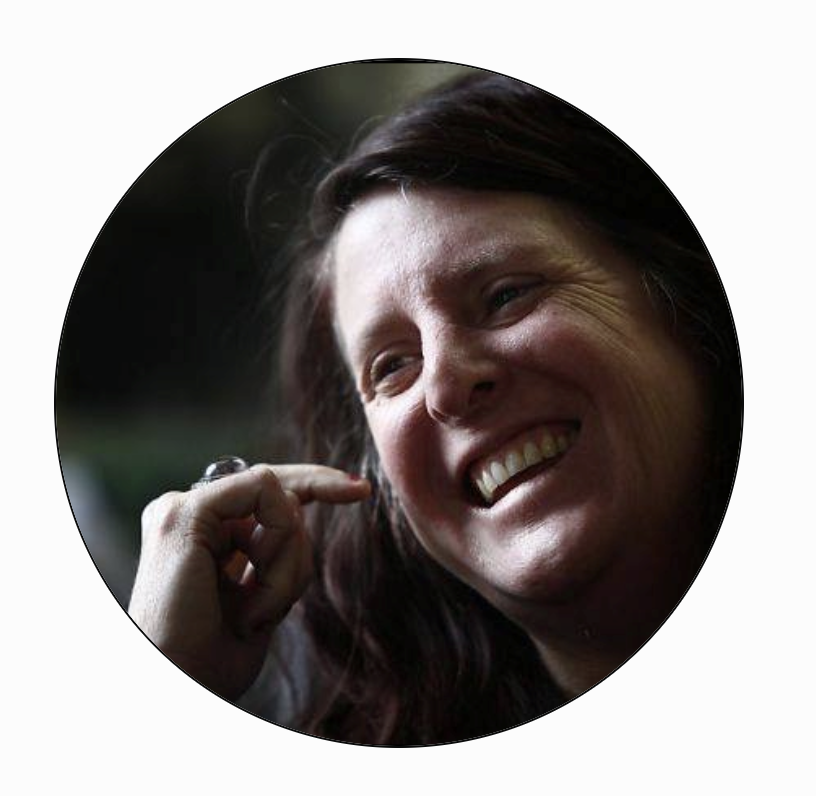In a move that signals a shift away from the proven and effective strategy of “housing first,” the Board of Supes today replaced one of the authors of the housing measure Prop. C from the board that oversees its spending.
The board voted 7-3 to replace Coalition on Homelessness Director Jennifer Friedenbach with William Lemon, who runs the Castro Country Club, a sober space.
Friedenbach was the driving force behind Our City, Our Home, which raised taxes on the city’s biggest corporations to pay for supportive housing and services for unhoused people or people at risk of homelessness.

Sup. Jackie Fielder, who spoke highly of Lemon, said the move was more than a simple decision to replace one qualified activist with another. “I fear her removal is in retaliation for her support of housing first,” Fielder said. “Her removal further undermines Our City Our Home.”
Friedenbach has also argued that spending money on short-term shelters is nowhere near as effective as permanent supportive housing. In a statement to the supes, she noted:
There has been much said about the Prop. C categories and the desire of some electeds to move money from housing to shelter. Their idea is typically explained that shelter is quicker to get up and running and less expensive. Neither are true. Housing First is an evidence-based model, has been massively researched and it works across the country. In SF, our supportive housing has a 97% success rate. Regardless of current political winds, nothing solves homelessness like a home. Obviously, building housing takes time and is expensive; however it does save money in both the long run and in the short term. It is worth the effort.
Housing first starts with the concept that the most important and effective way to combat street homelessness is to get people into supportive housing. Once they are housed, there’s a chance for them to work on substance use issues, mental health issues, and employment readiness.
Sup. Matt Dorsey, a close ally and supporter of Lemon, wants to take a different approach: He’s pushing for recovery housing that would mandate sobriety.
Dorsey said he wanted to see an advocate for sobriety on the oversight panel because “we are starting to make progress on drug-free housing. Sometimes there are appointments that reflect needed directional change.
A majority of the supes apparently agree. Board President Rafael Mandelman said that he wants to “make a change in this body.”
Friedenbach noted:
We continue to be faced with a revolving door in our system. Folks are leaving the hospital, treatment programs, shelters and other institutions and falling back into homelessness. This requires system changes that ensure unhoused people leave the streets behind, are able to stabilize in housing, and are simultaneously able to address whatever issues they are facing, be that behavioral health, physical health, or lack of employment. Currently, San Francisco spends about 5% of its budget on solving homelessness. It spends a whole lot more keeping people homeless.
Only Sups. Fielder, Connie Chan, and Chyanne Chen voted to keep the most qualified advocate who has devoted her life to exactly what the Our City Our Home oversight board does.
The board also rejected a Chan proposal that would have protected legacy businesses from demolition or displacement under the mayor’s Rich Family Zoning Plan.
Stephen Sherrill went even further, saying that some chain stores might help with neighborhood “vibrancy” and that “supporting local business is different from protecting local business.”
Wow.
Six supes voted to protect legacy businesses: Fielder, Mandelman, Myrna Melgar, Shamann Walton, Connie Chan, and Chyanne Chen. Since the motion required eight votes, it failed.






